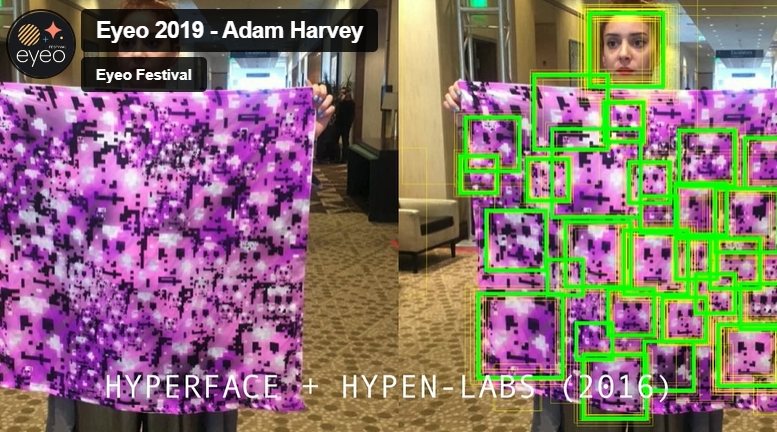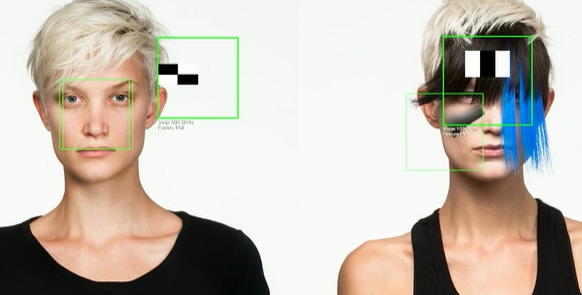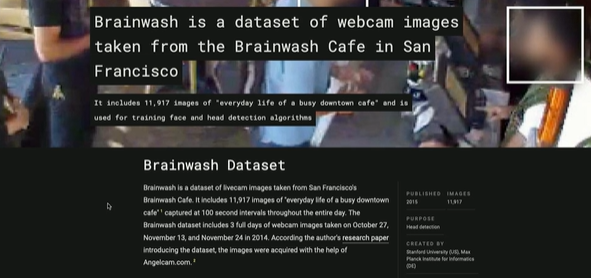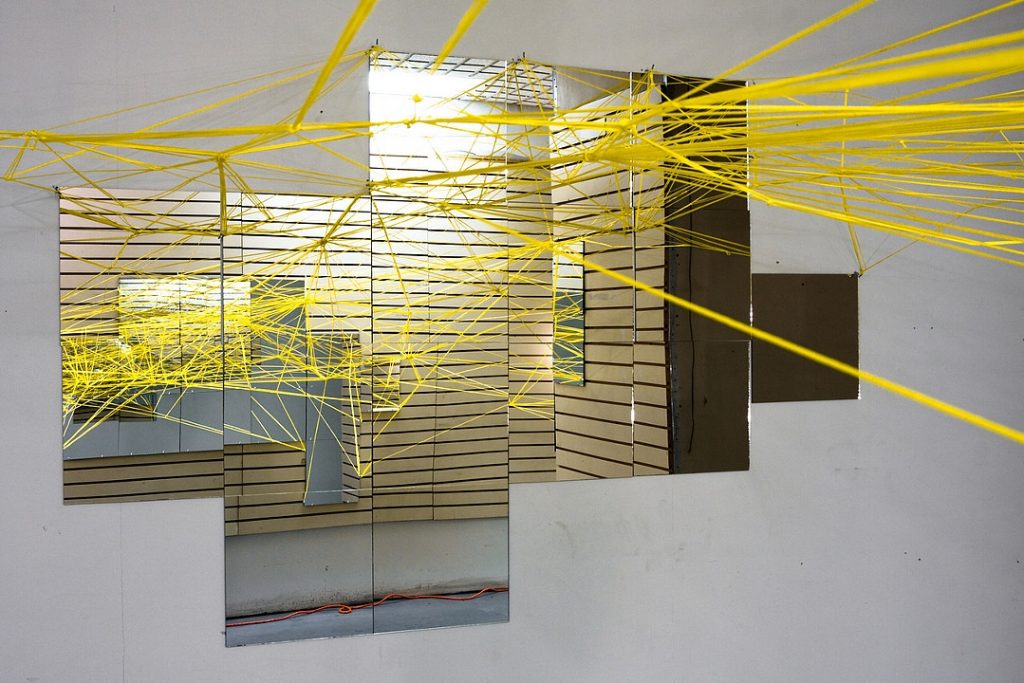I like the work of Christina “Phazero” Curlee at Eyeo 2019. She has a degree in fine arts and a traditional art background. Phazero is self taught in 3D design and game creation. She began working in game design then later got serious after discovering her passion for it, which shows through in her presentation and work. Phazero says because she is self taught that gives her an edge in game creation because it teaches her to look at concepts differently, applying fine arts to game development creating a unique style. She thinks deeply about symbols and non-verbal communication. This definitely shows through in Phazero’s work “Art-Nouse” and “Artifacts” which is both an art game and an art piece. She uses stories about her past and her roots and also gives context on the game design industry to help people better understand her work and what is unique. She also shows many photographs and videos to help visualize the project and the progression of the project.
http://www.christinazero.com/artifacts.html
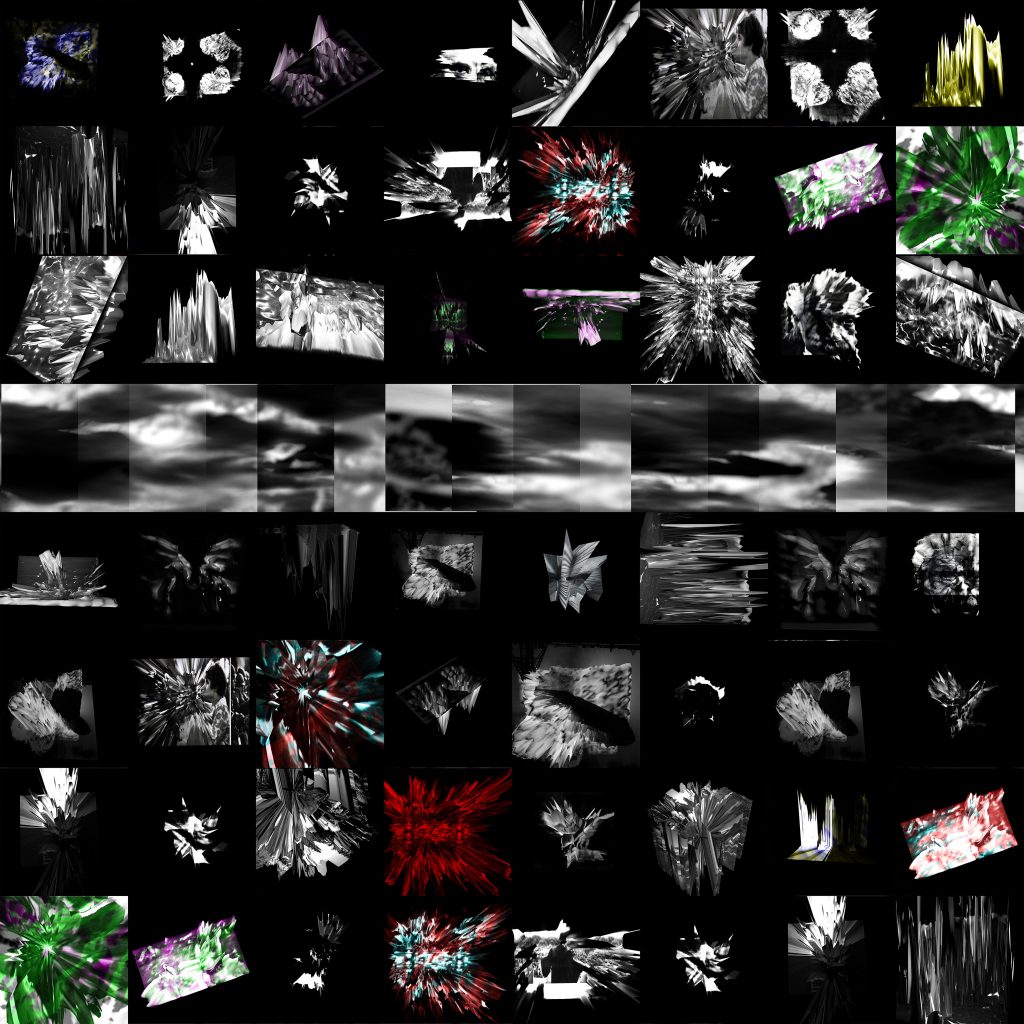
![[OLD SEMESTER] 15-104 • Introduction to Computing for Creative Practice](../../wp-content/uploads/2023/09/stop-banner.png)
